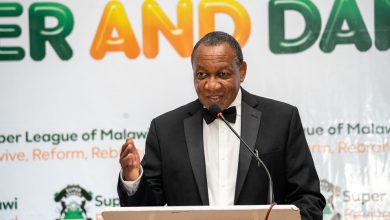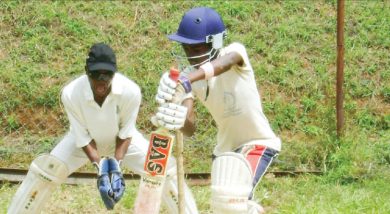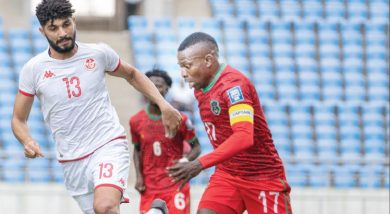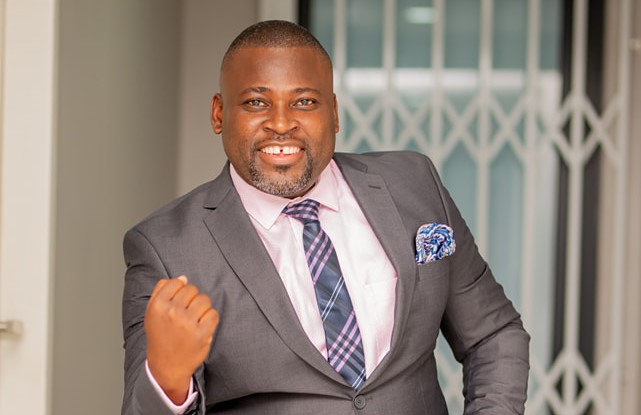When exclusivity undermines the law
When TNM stepped in to rescue the Super League with a K50 million sponsorship package in 2006, six years had just elapsed since Parliament enacted the Competitions and Fair Trade Act and brought it into force.
The contract between Super League of Malawi (Sulom) and TNM proclaims to be governed with the laws of Malawi in all matters connected with the obligation and the liabilities of the parties under agreement. Yet for 10 years TNM illegally enjoyed exclusivity in the league sponsorship contrary to the Act.

When finally CFTC cracked the whip in February 2017, it is as if the mobile and data service providers were victims. Yet competitions and fair trade laws are not phenomena. They seek to maintain market competition by regulating anti-competitive conduct by companies.
In US, competition law is known as anti-trust law, in China and Russia it is called anti-monopoly in UK and Australia it comes in form of trade practices law.
At international level, bodies such as World Trade Organisation enforce the fair trade practices.
TNM are not the first and last company to cross paths with fair competition laws. Sports sponsors have always been in conflict with fair competitions laws as they wish to exploit exclusivity when sponsoring sports.
In case of TNM sponsorship, the mobile service enjoys naming, promotion and advertising rights. The agreement further restricts Sulom from getting sponsorship, promotional, advertising or similar rights to other persons, firm, company, corporation or other body involved or concerned in the products and services related or similar to TNM products.
This effectively locked out prospects of clubs or Sulom getting support from other telecommunication companies.
In a letter to TNM signed by CFTC executive director Charlotte Wezi Malonda, the commission points out that such clauses are against fair trade practice.
But the commission also noted that the exclusivity in the agreement would not likely result in lessening competition, but rather prevent Sulom and football teams from accessing sponsorship from competitors of TNM, hence, likely to have negative effect on the development of football in Malawi.
CFTC proposed that TNM follow the best practices and that Malawi National Council of Sports should provide guidelines.
But TNM would not have it, and even before the process started, they announced sponsorship withdrawal.
The mobile service provider, in an emotional press statement, just fell short of describing the football fraternity as ungrateful as it claimed to have pumped K2.6 billion in 10 years (about K260 million per year).
But a marketer describes TNM’s antics as arrogance towards Malawi laws.
He said: “For 10 years TNM enjoyed exclusivity. Today when the law says it is wrong, by quitting they are sending a wrong message as a brand pouncing on wrong principles. If they stayed they could have sent a message that they can compete within any law.”
TNM also ignores to mention the mileage it got from exclusivity it enjoyed from Super League sponsorship.
The marketing expert says the company will never get another marketing platform similar to the Super League.
“While TNM boasts of having pumped millions of kwacha in 10 years, Super League remains one of the lowest sponsored league in the region.
South Africa is model of fair competition in football sponsorship. Absa Bank sponsors the Premier Soccer League at R500 million while their competitor Nedbank also sponsor a cup. There is no exclusivity in telecommunication sector as well. MTN and Telekom both sponsor cups.
But lawyer David Kanyenda faults football authorities for failure to guide TNM.
Said Kanyenda: “We have lost a long-term strategic partner and sponsor which is regrettable. FAM and Sulom ought to have created a conducive environment to enable TNM’s competitors or other willing sponsors to enter the football market without necessarily putting the existing relationship with TNM into jeopardy.”





